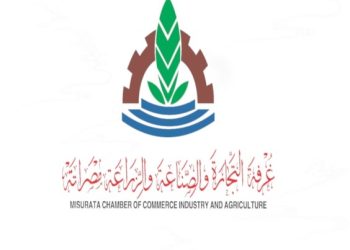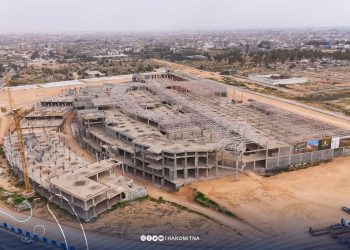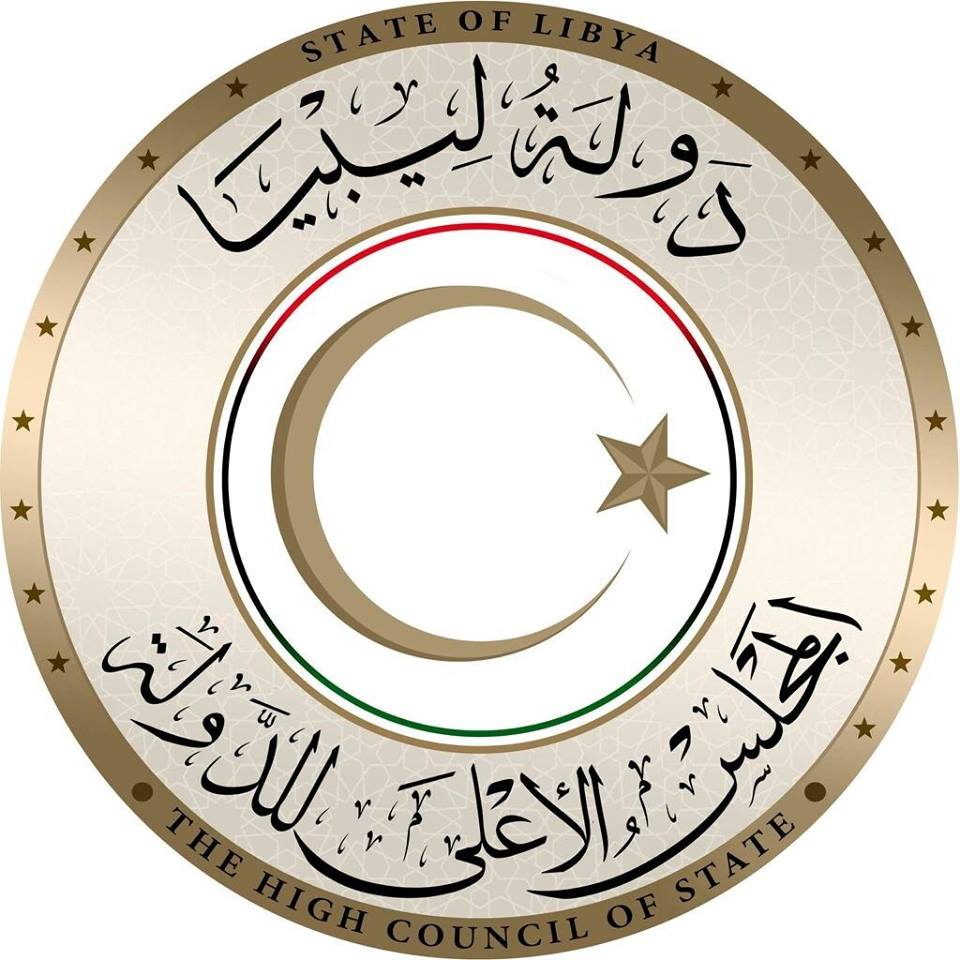The Ministry of Health revealed yesterday that, together with other Libyan entities, it had held discussions with the Italian company Pharmacom on the reactivation of the Rabta factory for raw materials as part of the strategy to enhance pharmaceutical sovereignty.
The discussions were chaired by the Undersecretary General of the Ministry of Health / Acting Health Minister, Mohammed Al-Ghouj, in an extensive meeting dedicated to discussing the mechanisms of reactivating the Rabta Raw Materials Factory. This comes as part of the Ministry’s efforts to establish a sustainable and high-quality national pharmaceutical industry after the suspension of local production for about 15 years.
The meeting was attended by representatives of the National Authority for the Follow-up of the Implementation of the Chemical and Nuclear Weapons Conventions, the State Company for the Manufacture of Medicines and Medical Supplies, a representative of the Italian company Pharmacom, as well as a group of experts in the fields of the pharmaceutical industry, law, and specialized cadres from the Ministry’s Pharmacy Department.
Diversification, reducing imports dependence and preserving hard currency
The Health Ministry says this approach comes in the context of the Tripoli government’s “Return to Life” programme, and with the direct support of Prime Minister, Abd Alhamid Aldabaiba, with the aim of reducing dependence on foreign imports and providing reliable local medicines that meet the needs of the market, in accordance with internationally approved standards.
The meeting addressed the technical, legislative and logistical aspects necessary to restart the factory, stressing the importance of developing its manufacturing capabilities to keep pace with the rapid developments in the pharmaceutical industry.
Rabta, Qaddafi and chemical weapon- late 1980s to early 1990s
It will be recalled that the infamous Rabta Factory is the factory that was part of US and international sanctions on Libya in the late 1980s and early 1990s to prevent Libya from having a chemicals weapons capability under the Qaddafi regime.










